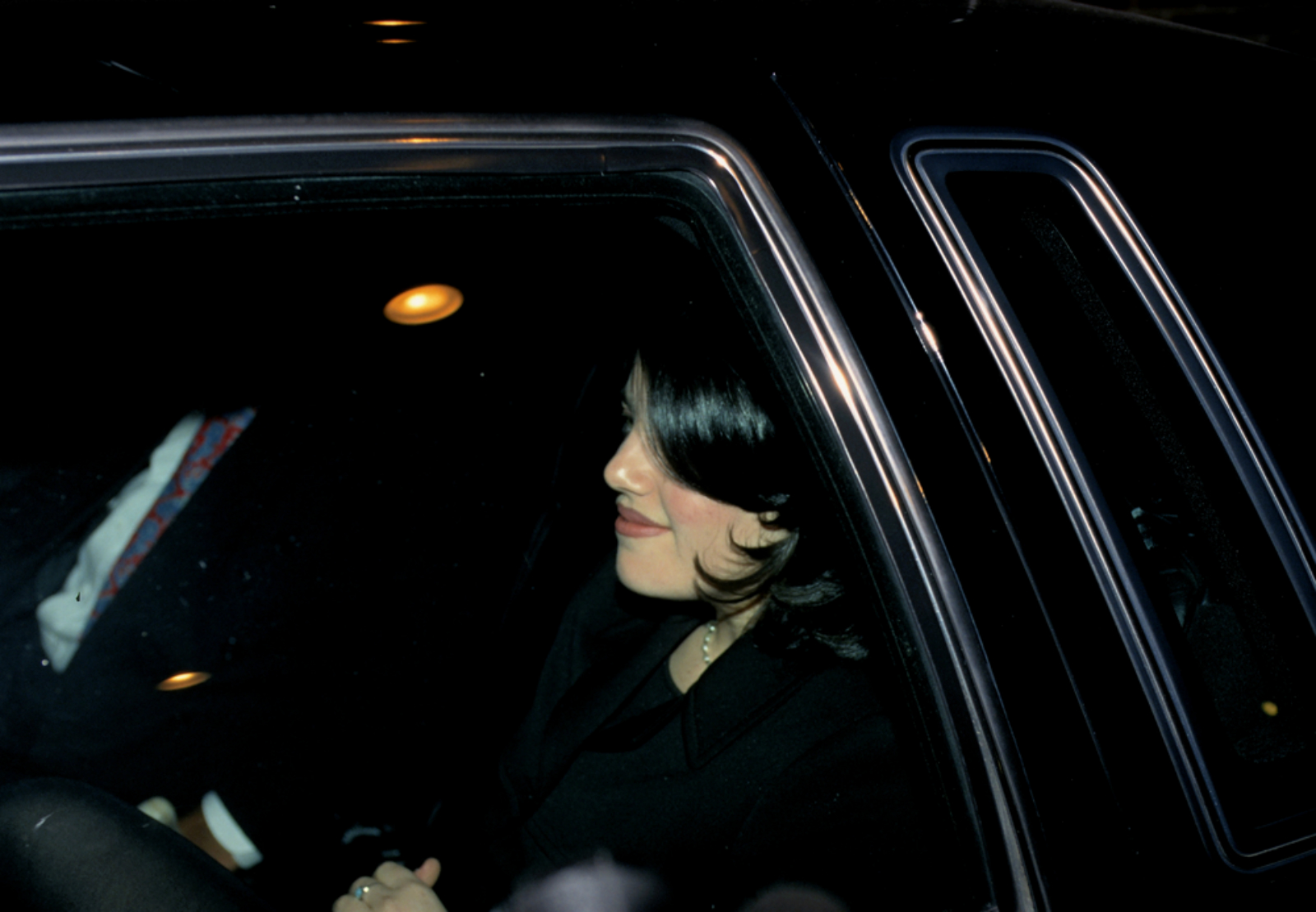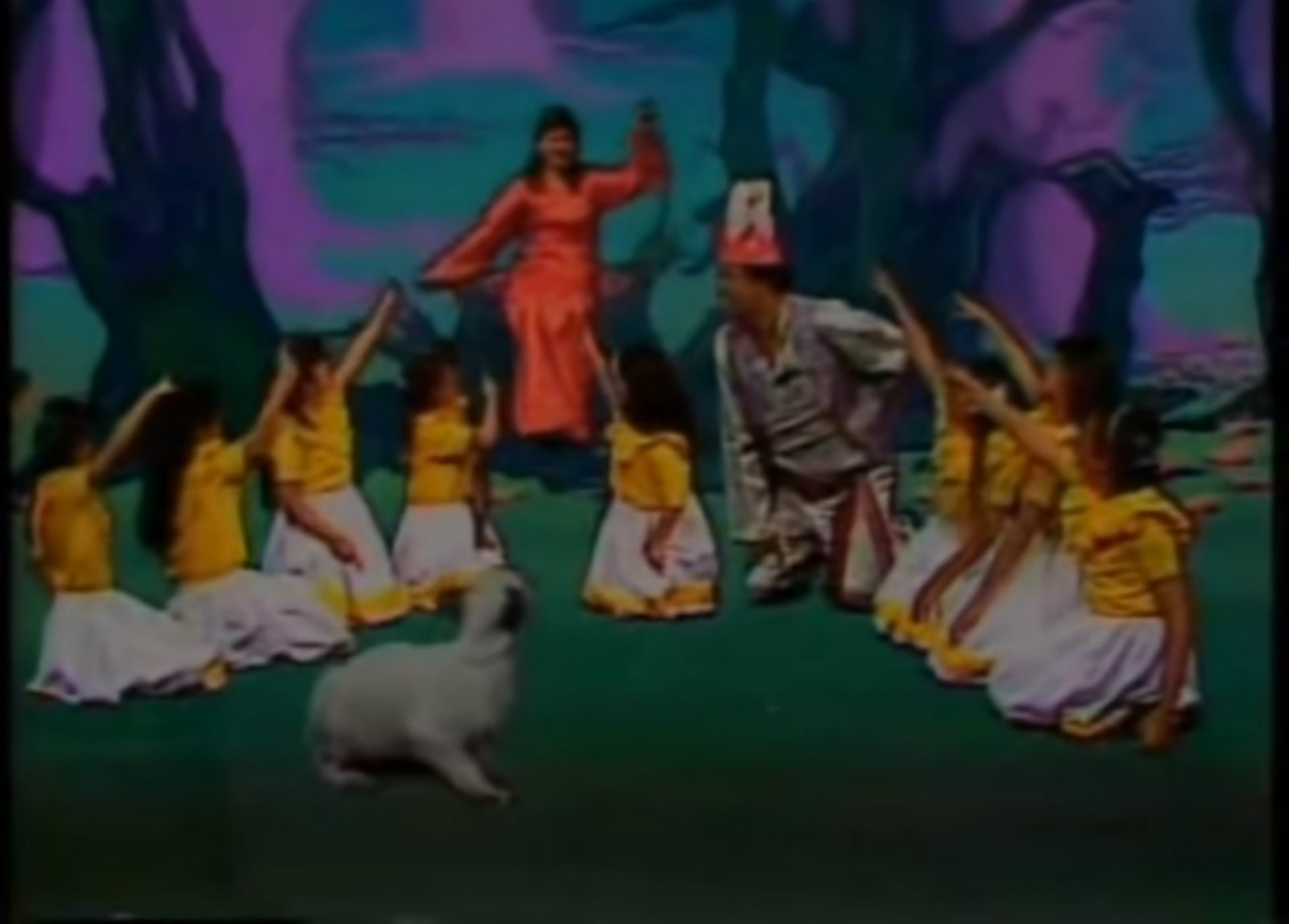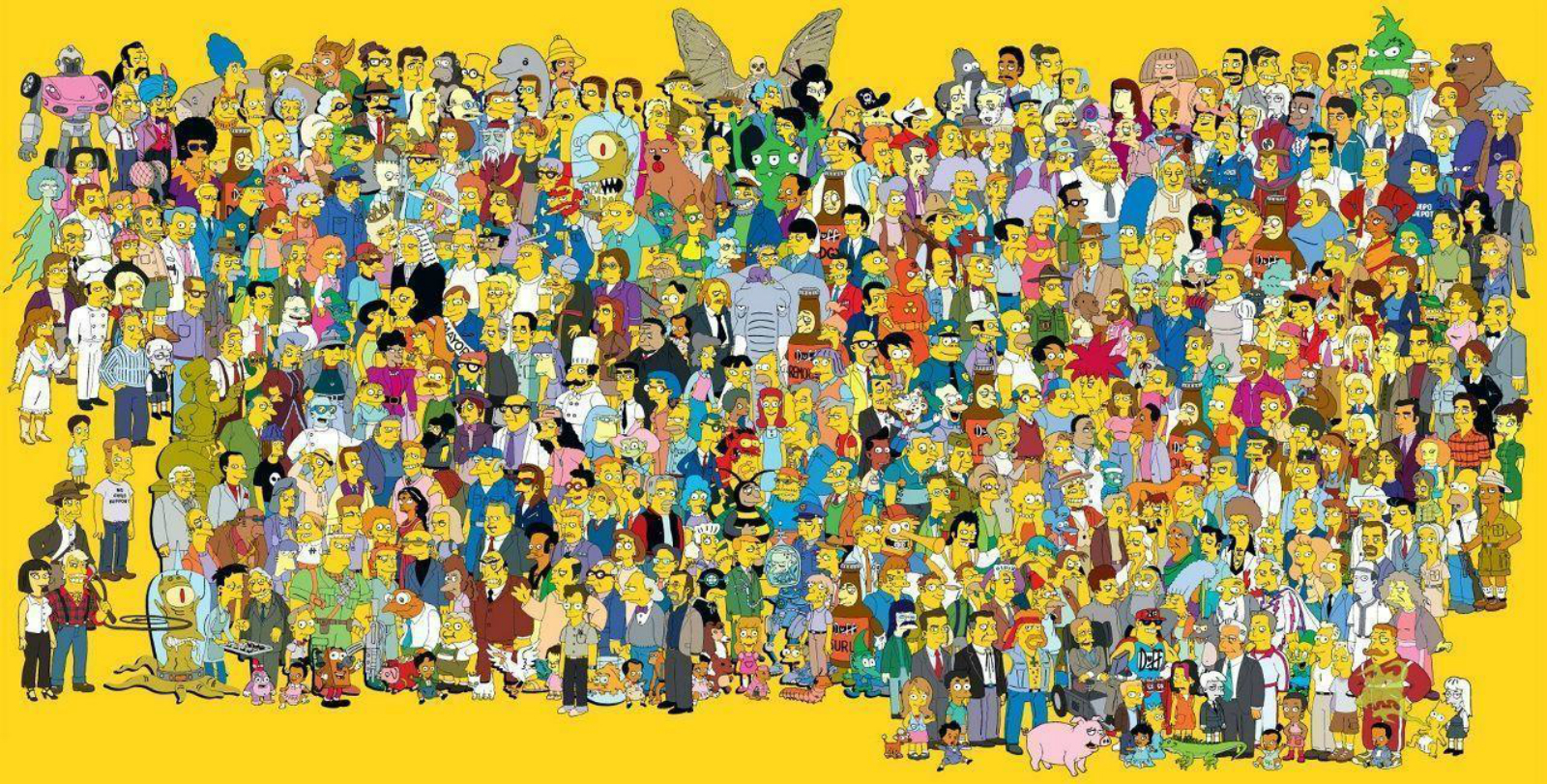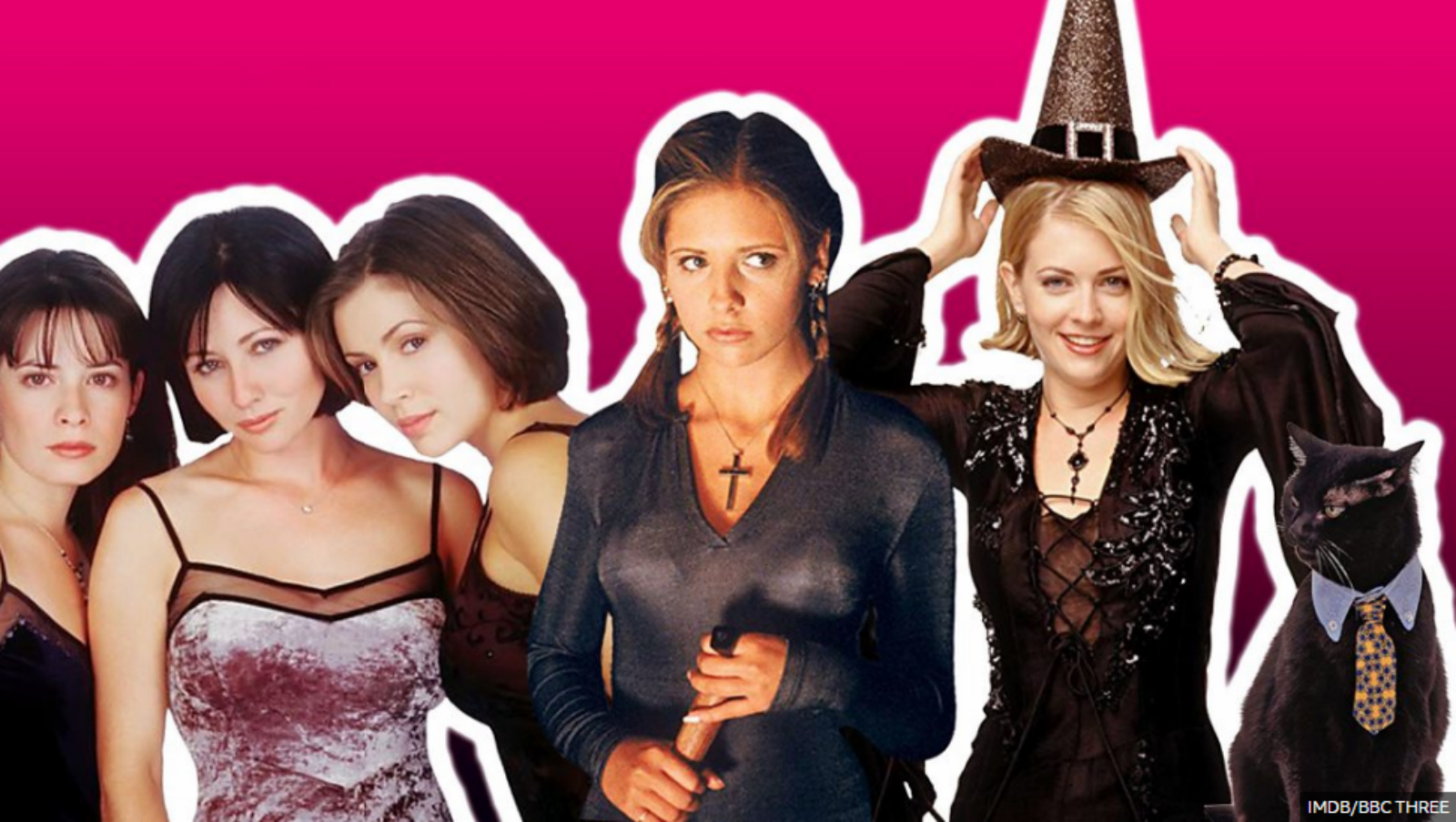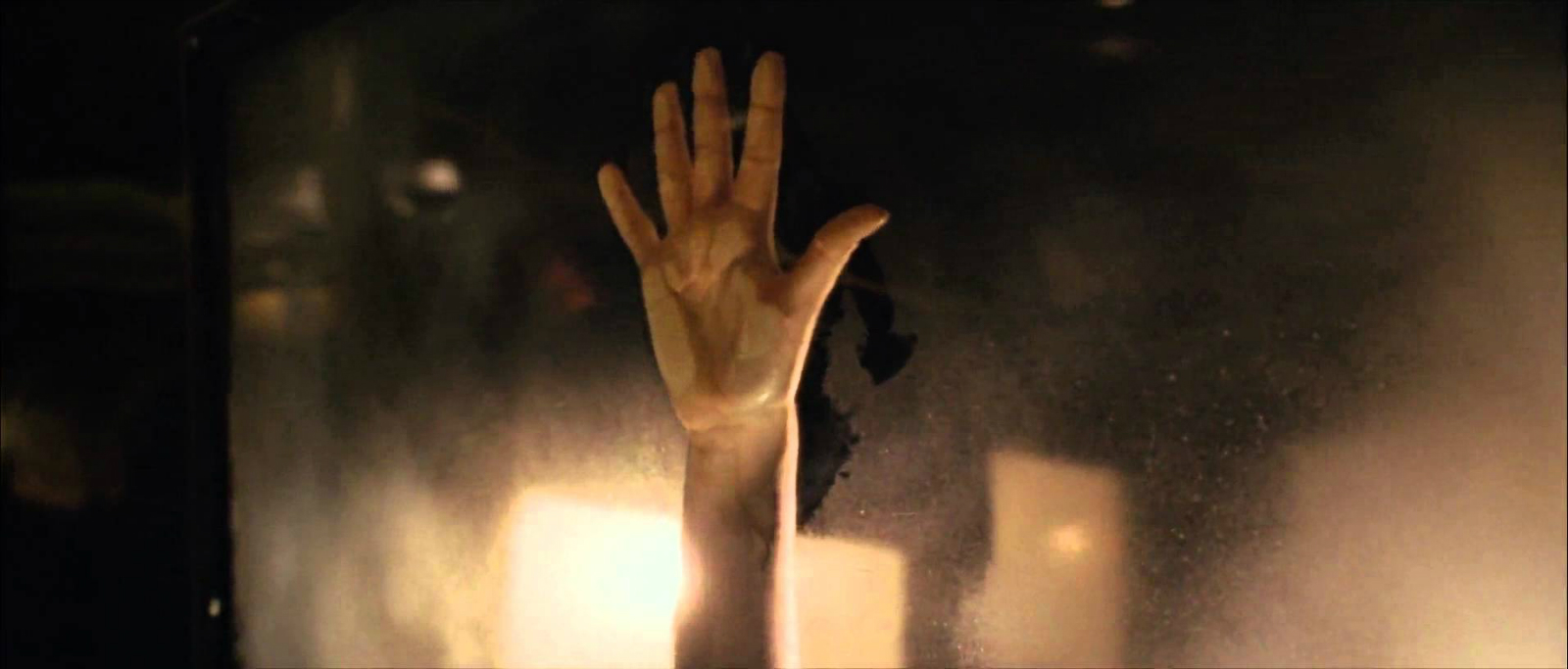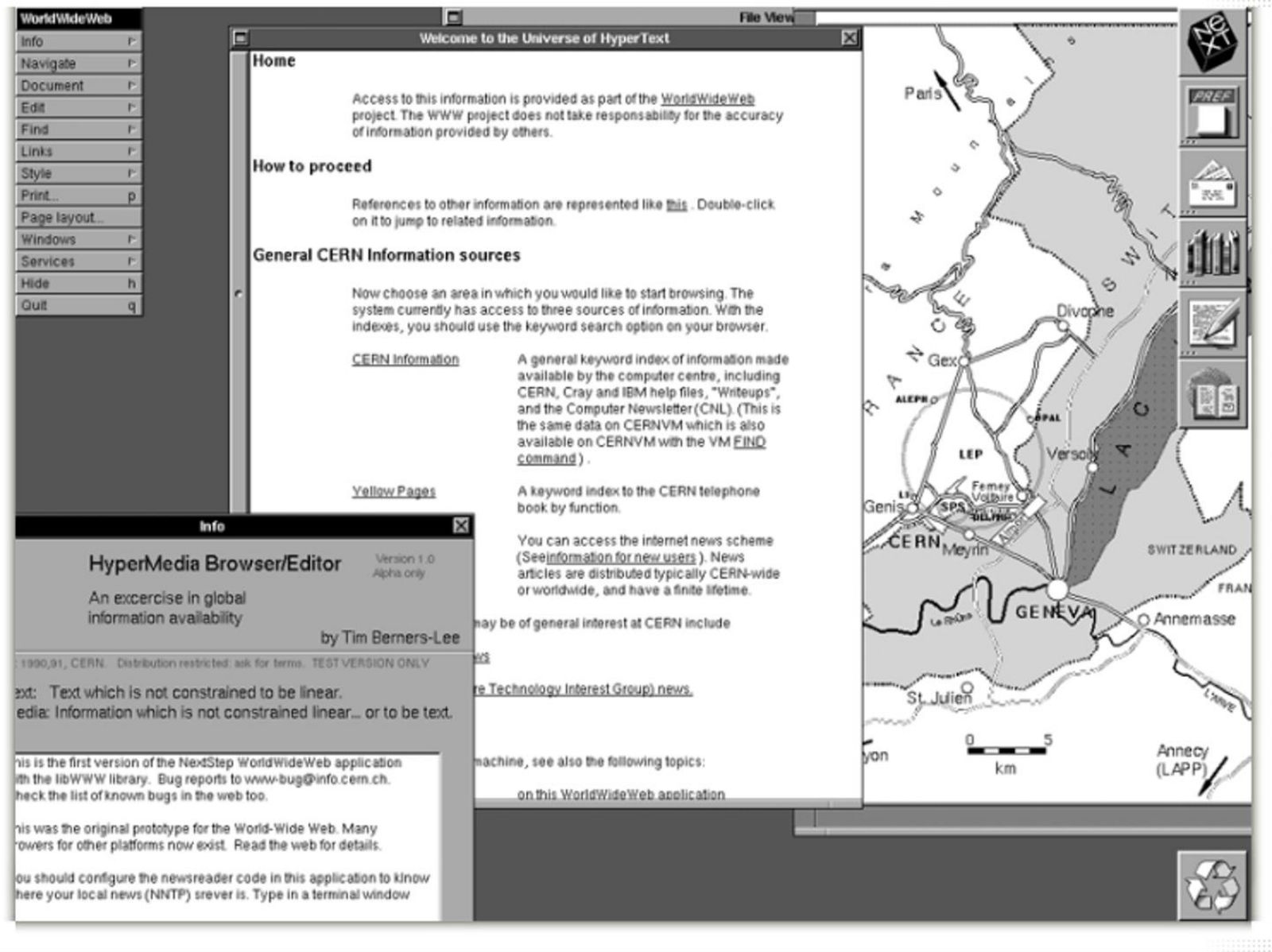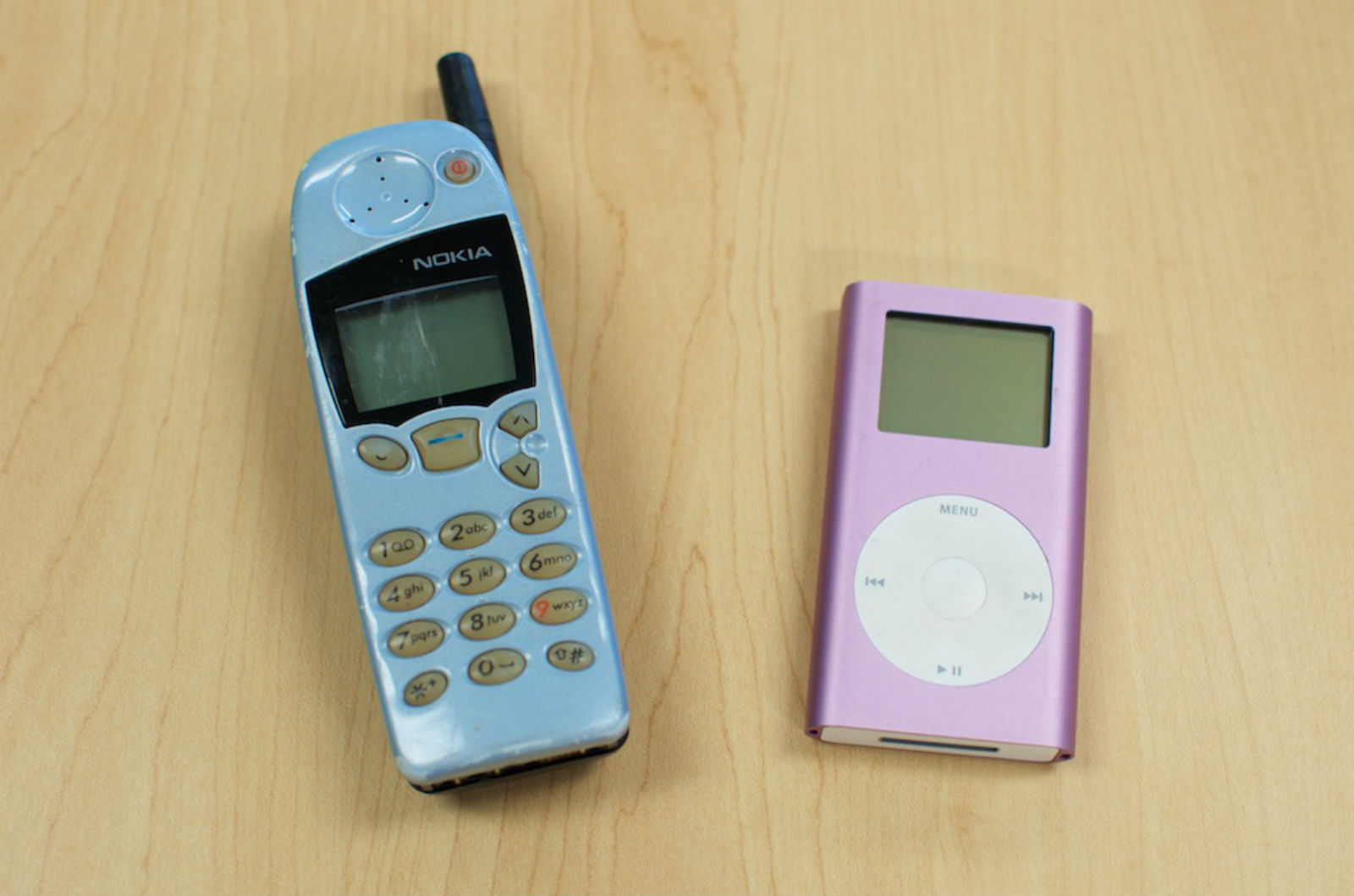The 90s binge-watch list: This was the decade of movie-rental outfit Blockbuster — or to those with short memories: the offline Netflix. Movies were expected to entertain beyond the theater and have immense repeat value. The result was some of the most significant trends in movie history.
The Disney Renaissance: The 1990’s is considered the decade of the Disney Renaissance, where movies such as the Lion King, Aladdin, Beauty and Beast, and the Little Mermaid. We all the know the songs to this day.
The CGI craze: Those of us obsessed with superhero movies and 3D Imax, special effects-driven movies remember the history of cinema in one way: There was what came before Jurassic Park and what came after. Honorable mentions: Jumanji and the Pixar revolution (Toy Story).
The Jim Carrey movie: Whatever happened to that guy? His attempts to replicate his 90s success have made him a little desperate. Or did he just capture some innate goofiness of the time. Nonetheless, The Mask, Ace Ventura, Liar Liar and Dumb and Dumber remain a must for any 90s movie marathon.
Home Alone: This franchise transcended family comedy to be a genre of its own. It turned Macaulay Culkin into the epitome of what it meant to be a mega child superstar, who lost it all one decade later. The movie, and Culkin’s career truly embodied the last vestiges of innocence for Generation Y.
Campier action flicks: Arnold Schwarzenegger took a winning formula developed in the 1990s and turned it to a staple of 1990s movie viewing. Fan favorites: Predator 2, True Lies, and Total Recall.
The Rom-Com: We still wish this never happened, so we’ll act like it never did.
Titanic: We couldn’t just do a watch list without the one film that ruined many men’s adult lives for failure to meet the impossible expectations that came with Jack Dawson. To him, we say: She let go, Jack. She really did let go.


